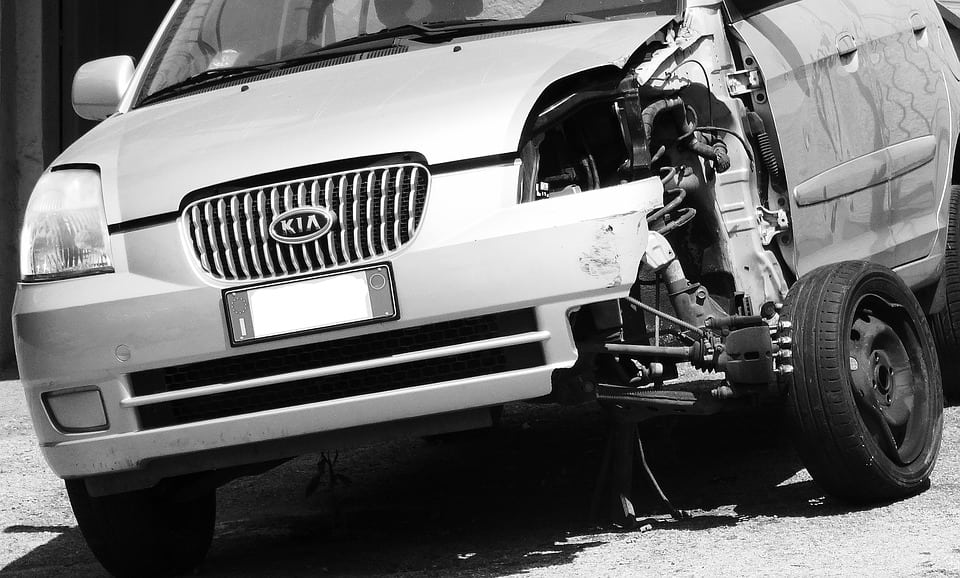Getting into a car accident is not something any of us expect or think about ahead of time. After an accident, more than likely you will have a difficult time thinking clearly, even if you aren’t injured.
This is why it is important to have a general idea of what to do before an unfortunate accident occurs and while you are level-headed.
Stay Calm
This is not going to be easy after an accident, but try your best not to panic. When we panic, we are not in the right state of mind to access situations and make decisions.
Is Anyone Hurt?
After you get over the shock that you were just in a car accident, you will want to access any injuries you and your passengers might have.
Keep in mind that you or a passenger might have a serious injury and be in shock, and not know the real extent of your injuries.
You will want to let someone, like a police officer or a witness, assess the extent to which somebody might be hurt.
Get to a Safe Place
If you have a car accident, the last thing you want to do is get into or cause another one. If you or anyone is seriously injured, call 911 immediately.
If you can, move your car off the road to avoid another accident. If your car is not able to be moved, put on your flashers to alert other drivers.
If you or your passengers are able to, get out of the car and out of harm’s way. Move to the shoulder of the road or another area where you will not be hit by oncoming traffic.
Call the Police
If you or any of your passengers are injured, or if there is any serious damage to the cars involved, you should call the police. Be sure to tell them your exact location so they can send someone out immediately.
Even if you are involved in a minor accident, you should still call the police and file a police report.
You will need to provide the officer with your driver’s license, your vehicle’s registration card, and your insurance information.
Having a police officer at the site of the accident can help determine liability and keep things calm.
There are people who might try to take advantage of an accident and claim they have injuries they don’t actually have. If this happens to you, you might have to contact a car accident lawyer.
You should also get a copy of the police report for your records and for your insurance company.
Exchange Information
While you are waiting for the police to arrive, you should exchange the following information with the other driver:
- Driver and passenger name(s)
- License plate number
- Address
- Make and model of cars involved in the accident
- Exact location of the accident
- Insurance name and policy number
When the police arrive, get the name and badge number of the police officer filing the report.
Notes and Pictures
Jot down your recollection of the accident while it is fresh in your mind so you can refer to the specifics should you need to remember them at a later date.
In addition, take pictures of any damage done to your vehicle and the other driver’s vehicle. Take as many pictures as you can and from different angles and distances.
The pictures will be necessary for the insurance companies to settle claims. They will also serve as proof should the other driver try to accuse you of causing more damage than was actually caused by the accident.
Witnesses?
If there are any witnesses to the accident, try to get their information including their name, address, and phone number. A third-party unbiased observer can help you should there be any litigation.
Don’t Assign Blame
Even if it is obvious whose fault the accident was, such as in a situation when one car hits the other from behind, don’t discuss it with the other driver. It is best to leave that up to the police and insurance companies to assess.
Be Prepared
No matter how good a driver you are, you never know when an accident might happen. There are some things you can do to be prepared:
- Have a first-aid kit in your car
- Make sure you always have your driver’s license, insurance information, and vehicle registration
- Keep your phone with you and charged in case you need it
- Try not to have loose items on the seats or consoles that can fly around in an accident
Drive safely!







